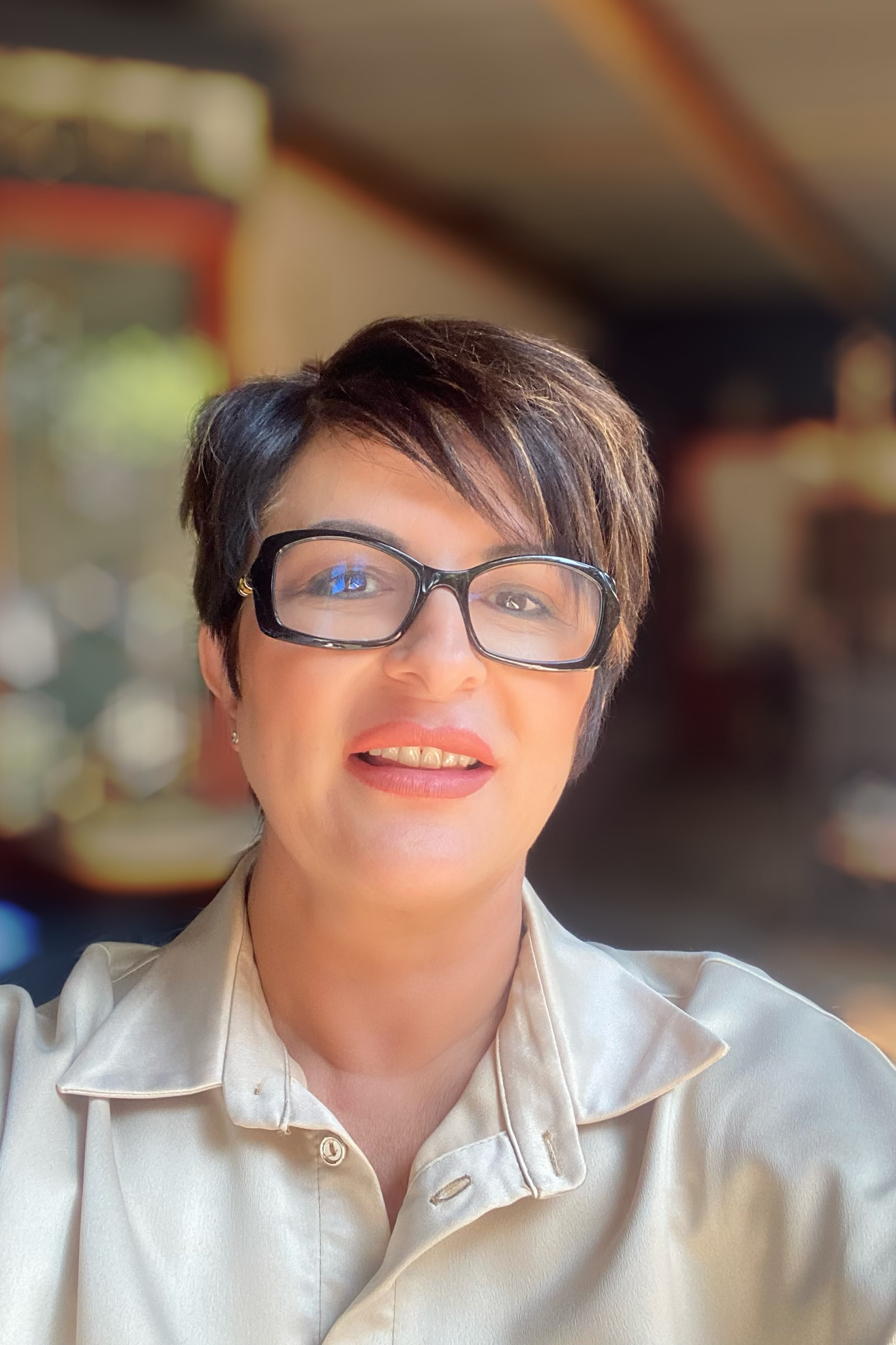About This Course
What led to the development of this course?
This training was developed for healthcare professionals, psychologists, counsellors, therapists, and social workers who work with children and families.
In your practice you will be confronted with lawyers who want something from you – a report, and your opinion. The parents, or a parent may pressure you for a report, or an opinion regarding your involvement with their child or children. Questions related to the rights of a child, the rights of a parent, the children’s status when the parents go through separation or divorce, and what will be in the best interest of the child will be asked.When working with children and families we need to understand children’s rights, the Children’s Act and legalities involved when parents are in dispute.
In 2017, I completed a 1-year diploma at Unisa College of Law in the Fundamental Aspects of Children’s Rights, and came to the conclusion that colleagues who work with children need to have a basic understanding of the Children’s Act and family law, which will enable them to not be afraid to address lawyers and to know what to say and what to do.
The most basic terminology related to the Children’s Act and families will be explained and practical examples will be shared.
We need to create an eagerness to want to understand the Children’s Act, especially sections pertaining to parental responsibilities and rights, and the best interests of the child, in order to ensure that ethical sound decisions are made, without being placed in a compromising position.
Minimum requirements to enroll:
Humanitas Intern with at least 100 hours of practicals completed OR
Registered with a professional body (ie. SACSSP, HPCSA, ASCHP)
Course outline
The course consists of a theoretical basis, practical examples, group discussions, role play, and individual assignments. We will uncover the following:
- The history of child protection.
- The history of children’s rights from an international overview to a national creation of protecting children in South Africa.
- The inter-relation between the needs of children and their rights.
- The aim of the Children’s Act 38 of 2005.
- Relevance between the Children’s Act and your practice.
- Understanding the best interests of child principles in relation to family or child therapy.
- What is child participation and the relevance to my practice.
- What are parental responsibilities and rights and the relevance pertaining to when parents separate or go through a divorce.
- How to deal with lawyers in your practice and acting within your own and the child’s best interest.
- The role of the court and the Family Advocate during a separation or divorce.
- We will also review the legal guide to the age threshold for children and decision-making.
Lastly, we aim to understand ethics in more detail, your responsibilities in complying with ethical duties and legal obligations, and children’s rights.
What can I expect to gain from attending this course?
- To deepen the understanding of children’s needs and the connection to their rights, and to apply the understanding in your practice.
- To understand the international instruments of children’s rights, and how they formulate children’s rights in South Africa.
- To understand the basic rights of children – promotion of survival, development, protection and participation of the child.
- To deepen your understanding of certain sections of the Children’s Act related to families who face separation and divorce.
- How to apply principles of the best interests of the child in your daily practice, and how to make ethical sound decisions based on your application thereof.
- To understand the role of lawyers and how to deal with lawyers in your professional position; what to say and what to do.
What can a student do after finishing the course?
- The student will understand the concept of the child in any legal proceedings related to families.
- The student will understand the basic rights of a child.
- The student will understand how to apply the best interests of the child in his/her practice and how to act in the best interests of the child.
- The student will be able to provide ethical sound advice to families in destress related to separation or divorce.
- The student will be able to converse with legal professionals and act according in protecting their professional role and act in the best interest of children.
In conclusion, this course is the entry level module of the course in psycho-legal investigation, related to parental responsibilities and rights within the best interests of the child, from a social work perspective.



